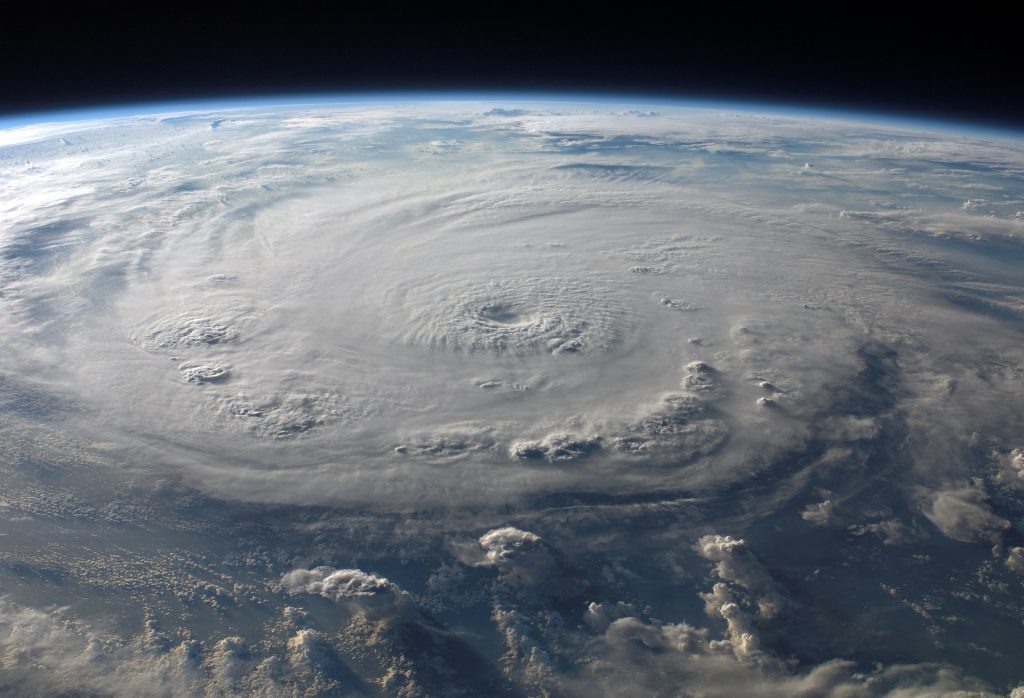NSF Funding Available for Hurricane Florence Research: Submit by 10/15

The National Science Foundation (NSF) is offering 1-year grants of up to $200,000 to support research on challenges related to Hurricane Florence, similar events that could occur in coming weeks, and their aftermaths. Psychological scientists interested in receiving NSF support for this research must act quickly, because proposals are due by October 15, 2018.
NSF is supporting Florence-related research via its Rapid Response Research (RAPID) mechanism, which supports time-sensitive projects. Grant proposals are expected to be brief, at 5 written pages or less. Before submitting a project proposal, however, psychological scientists should consult NSF Program Director Robert O’Connor, [email protected], to see if the proposed research will be a good fit for the RAPID award type.
“Research proposals relating to a better fundamental understanding of storms and their impacts (physical, biological and societal), human aspects of natural disasters (including first responders and the public), means of improving emergency response methods, and approaches that promise to reduce future damage also are welcome,” says NSF.
This opportunity is part of an integrative effort by NSF involving the Social, Behavioral, and Economic Sciences Directorate, which funds psychological science research at NSF, as well as NSF’s engineering and geosciences directorates.
To learn more about how to respond to NSF’s call for research projects on Hurricane Florence and similar disasters, click to read the NSF Dear Colleague Letter NSF 19-011.




APS regularly opens certain online articles for discussion on our website. Effective February 2021, you must be a logged-in APS member to post comments. By posting a comment, you agree to our Community Guidelines and the display of your profile information, including your name and affiliation. Any opinions, findings, conclusions, or recommendations present in article comments are those of the writers and do not necessarily reflect the views of APS or the article’s author. For more information, please see our Community Guidelines.
Please login with your APS account to comment.